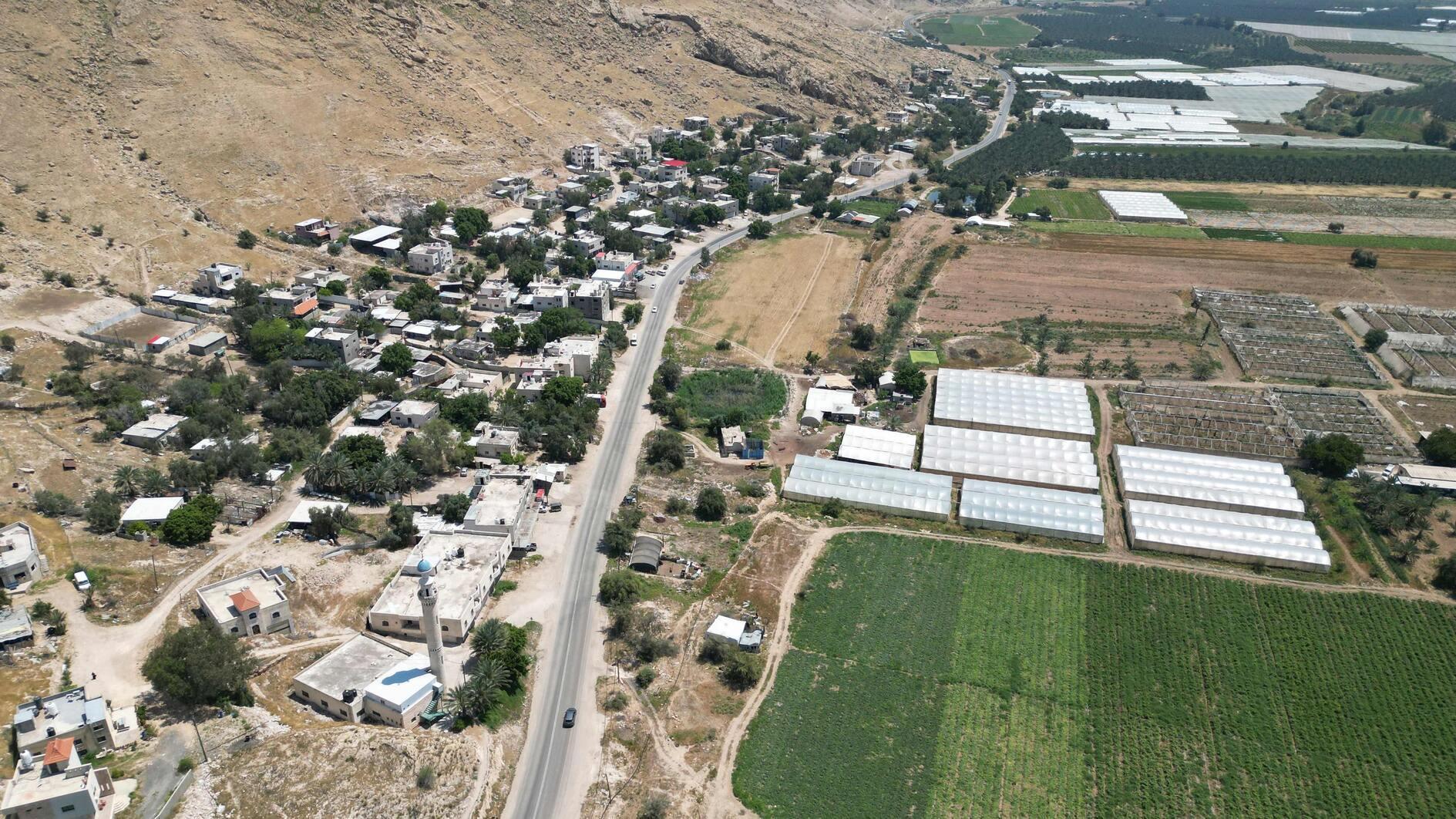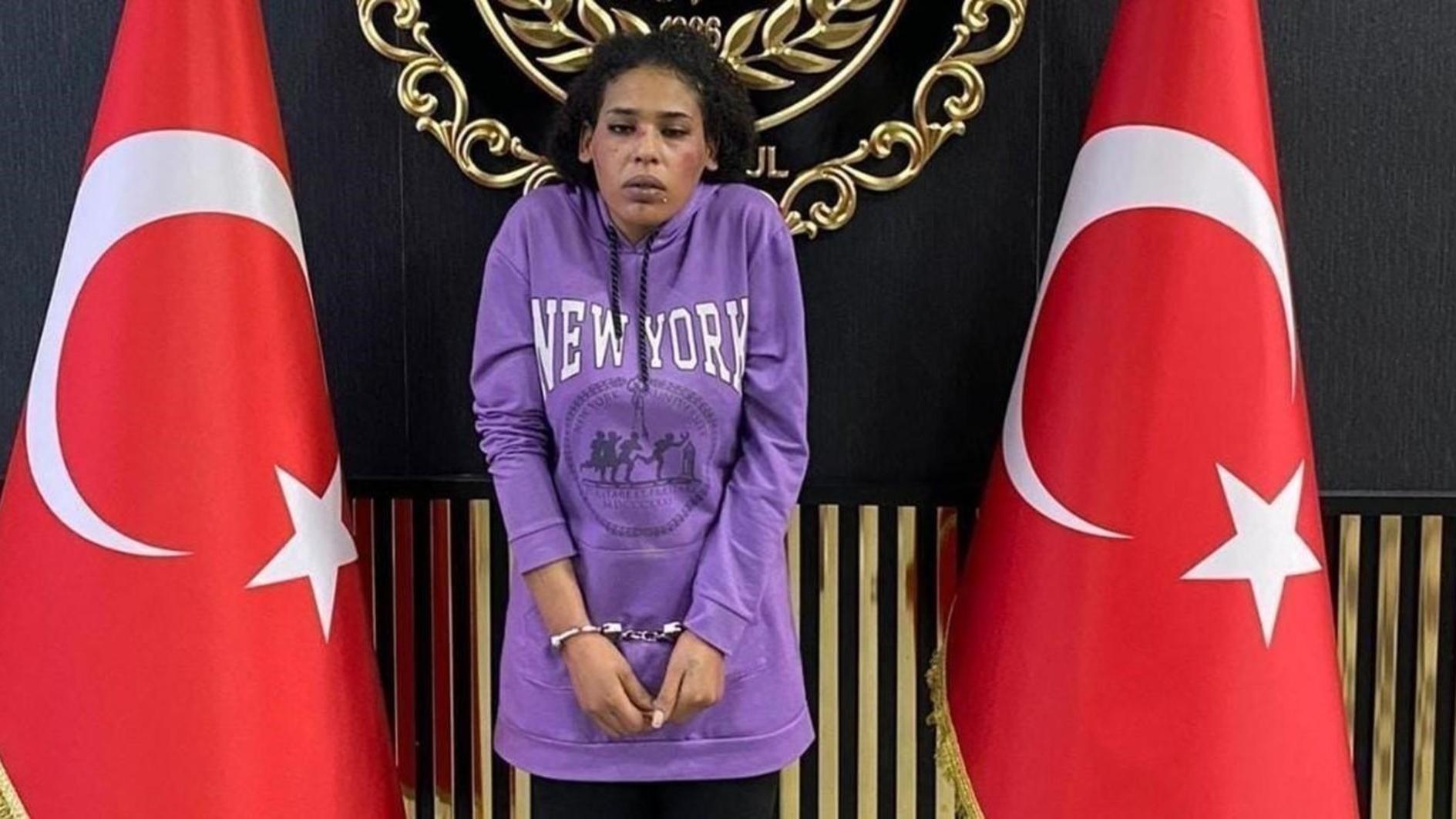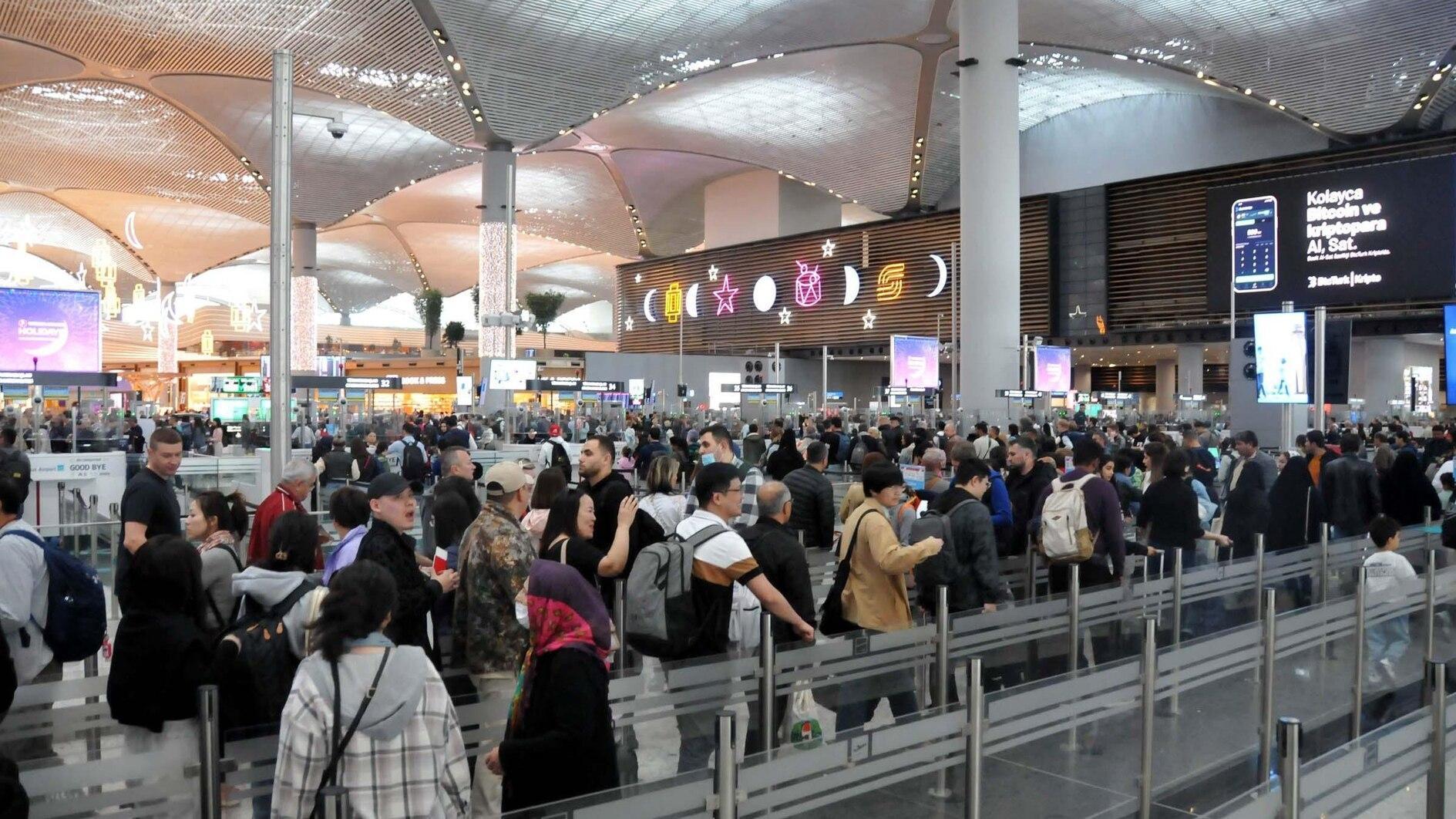Report draws attention to insufficient emergency treatment after Turkish Airlines crash in Amsterdam
ISTANBUL

Nine people, including two pilots, were killed with several wounded in the accident.
A report prepared by Academisch Medisch Centrum (AMC) in Amsterdam regarding a Turkish Airlines (THY) plane accident in 2009 has drawn attention to the insufficient first aid delivered following the crash, BBC Türkçe has reported.The Boeing 737-800 aircraft crashed in a field about 1.6 km short of the runway at Schiphol international airport as nine people, including two pilots, were killed with several wounded in the accident.
An expert from the Trauma Branch of AMC, Ingri Postma, has examined the crash, saying the 121 passengers who survived the accident were not treated properly according to first aid protocol.
Only 25 percent of the passengers were carried by the special stretcher required by first aid protocol for such accidents, especially in case of spinal cord injuries, the report stressed.
According to international regulations, after such an accident, all survivors should have medical scans, including an ultrasound, echocardiography, x-ray and more, while only 70 percent of THY passengers had these kinds of medical treatments.
Every wounded passenger should be checked one day after the accident to help prevent unexpected trauma, though only 65 percent of the wounded passengers underwent extensive checks.
The passengers were transferred to hospitals 50 kilometers away from the scene though there were closer hospitals 25 kilometers away that had the capacity to receive patients, the report said.
The report added the consequences of the accident could have been worse had a larger scale accident happened.
A new emergency action plan has been prepared by the AMC within the framework of the research’s findings.
















